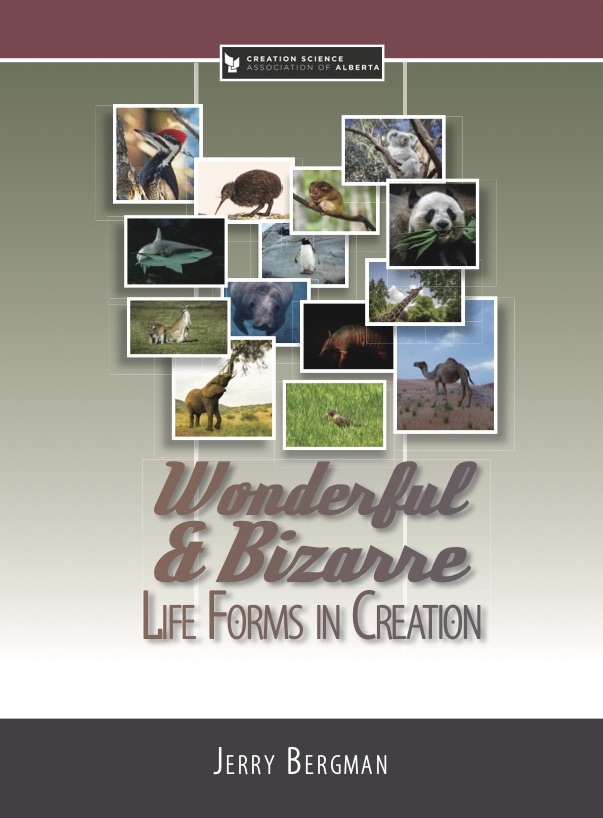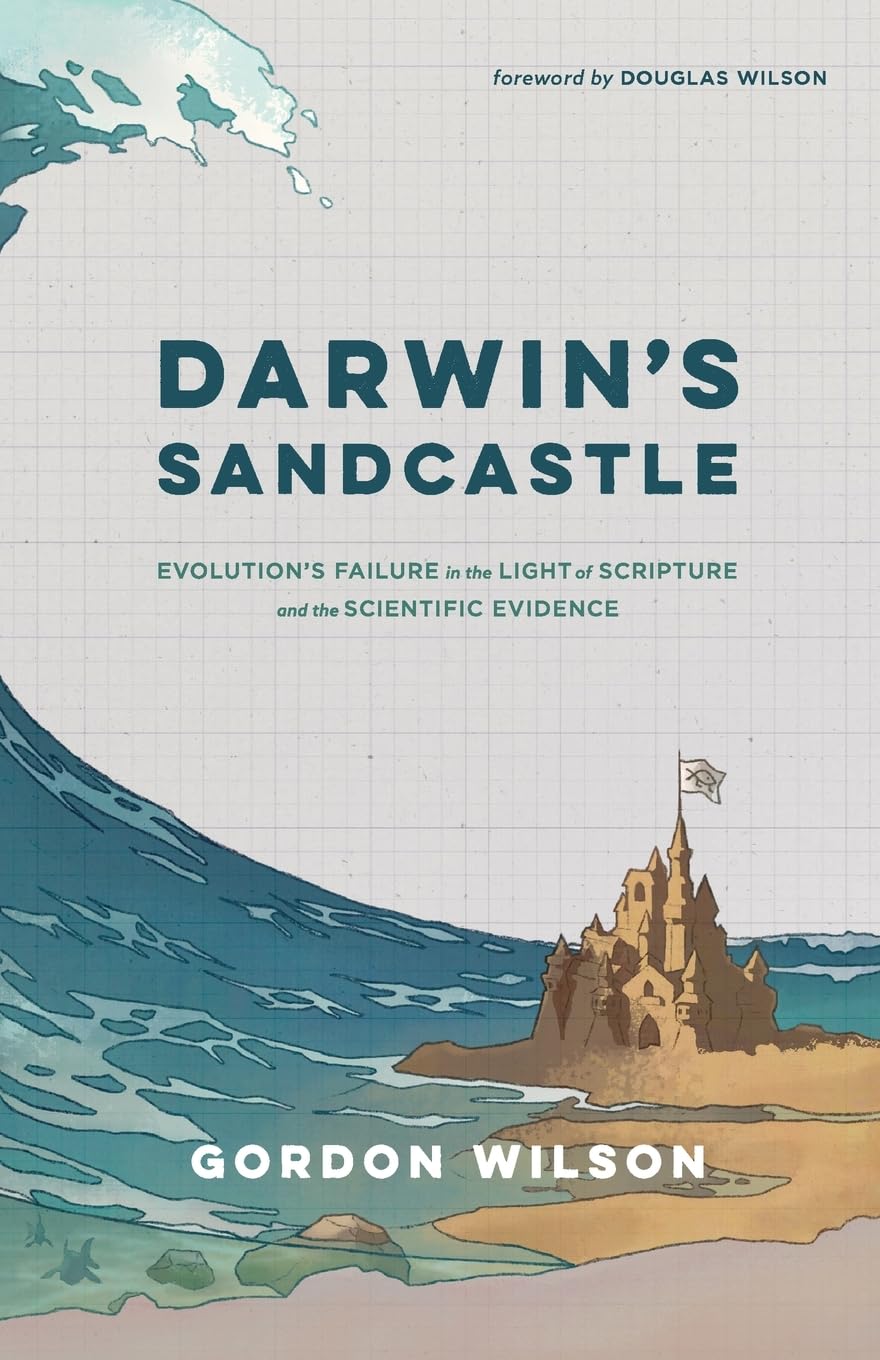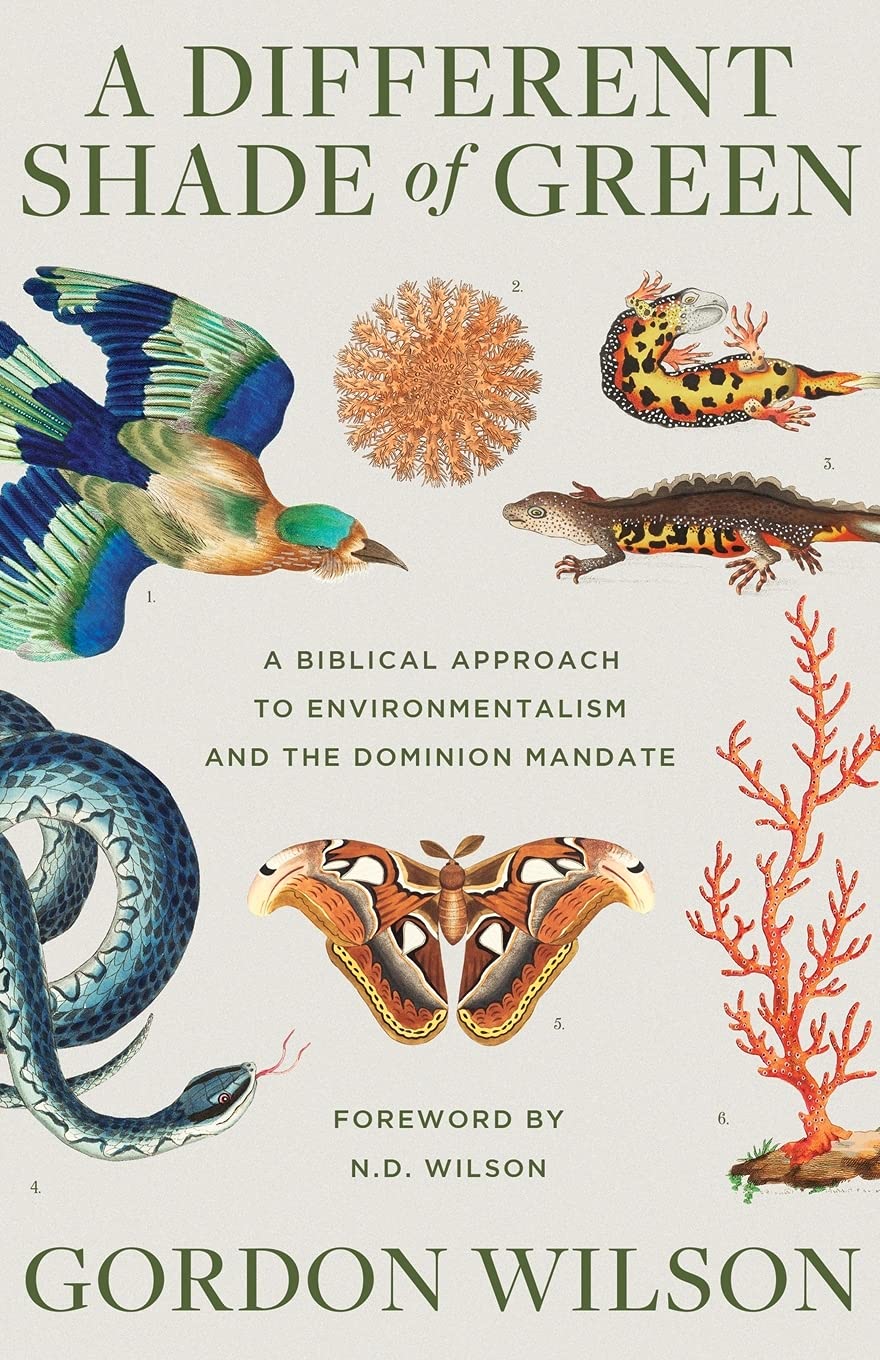In past ages, Christian faith had a large impact on society. This faith determined the laws, the festivals/holidays, attitudes to family and to the environment. Of course, none of these customs and values perfectly reflected biblical norms, but that was at least the hope. More recently the pervasive belief system of society has turned from God to evolution. This about face has changed society’s values and hopes. Not least of these changes has been what society considers important to teach children. Soon we discover that evolution has become the foundation on which most curricula are based. This is the elephant in the (class) room. Attitudes in the public square, and attitudes in education, are based on a tacit acceptance of evolution, but nobody bothers to mention it.
Consider teaching about the environment in schools today. Nothing could appear more neutral, more values free. Parents may worry about evolution teaching, but they do not realize that their children have already absorbed evolutionary values in ecology. The first step for critical thinking on the environment is to find out what the Bible teaches concerning this issue. This may not be as difficult a challenge as one might suppose. It is helpful to consider what society valued in past generations when Christian values were important. Then compare “progressive” agendas with these former values. For example, if your children are being taught to be apologetic for mankind’s use of the environment (like agriculture) to sustain their lives, this is an argument based on evolution which considers all life forms to be of equal importance rather than people occupying the pinnacle of creation. Many countries today, for example, are drafting legislation which will close down many farms. The question of where suitable food will come from for their populations, is not considered by these legislators.
The idea today in most curricula on the environment is to promote long term strategies that prioritize environmental objectives over the needs of people living today. On the contrary, we should give thanks that our land produces abundant food and other resources to support our citizens and others around the world. Naturally we must continue to seek best practices in all these endeavours. In the dry 1930s for example, farmers on the prairies found that wind rows of trees or shrubs around their fields provided major benefits at very low cost. This application continues to provide benefits to this day. There is therefore no need to be apologetic when wise and careful use of the environment promotes the welfare of modern populations. Let’s chase that elephant of evolutionary concepts on the environment out of the classroom!
July 2023
Subscribe to Dialogue







